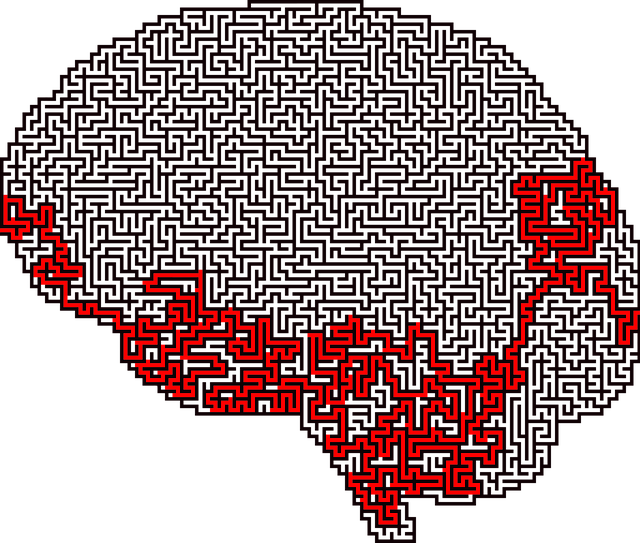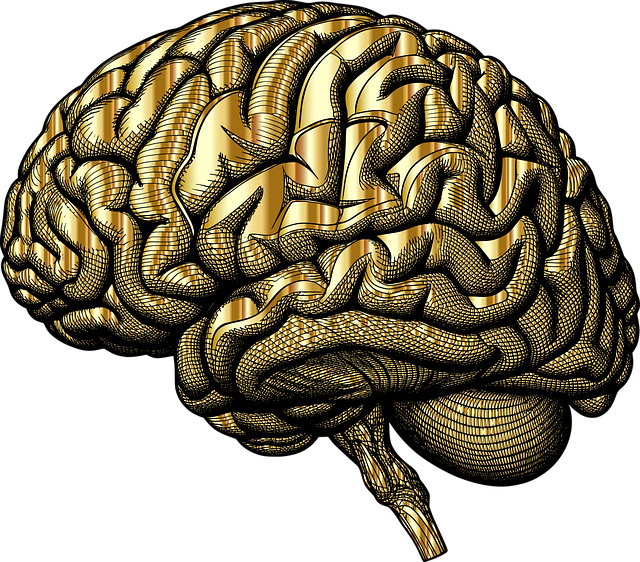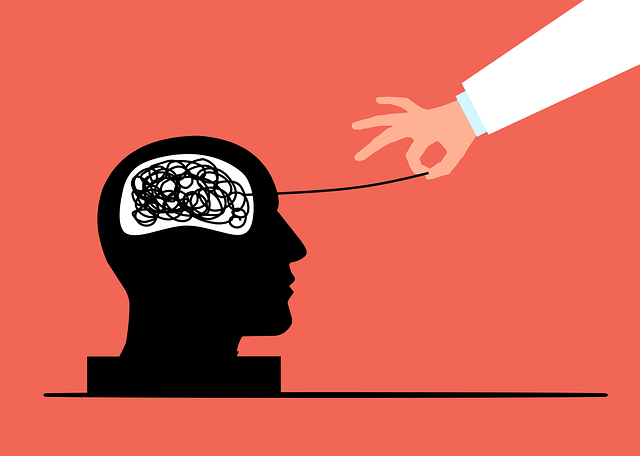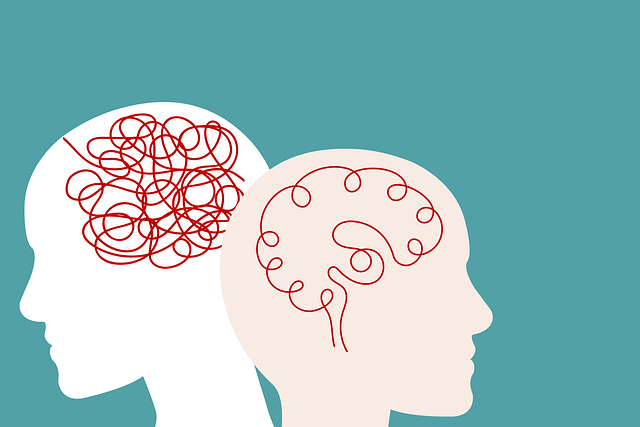Castle Rock Alcohol Abuse Therapy focuses on mood regulation as a key to recovery and mental health stability, offering tools for self-care, empathy building, and self-awareness. Cognitive strategies, like mindfulness and CBT, help individuals manage emotions by challenging negative thought patterns. Lifestyle changes, including exercise, meditation, and stress reduction, are emphasized for emotional well-being. The therapy provides a specialized, comprehensive approach to overcoming alcohol abuse through individual counseling, stress management, conflict resolution, and self-care practices, fostering resilience and lasting behavioral changes in a safe, supportive environment.
Mood regulation is a cornerstone of overall well-being, and effective strategies can significantly enhance quality of life. This article explores various approaches to managing emotions, from cognitive techniques to lifestyle modifications. We delve into the importance of understanding mood regulation as a foundational practice for mental health. Additionally, we highlight Castle Rock Alcohol Abuse Therapy’s comprehensive strategies, offering professional guidance for those seeking stable moods and improved lives.
- Understanding Mood Regulation: The Foundation of Well-Being
- Cognitive Strategies for Managing Emotions
- Lifestyle Changes for Enhanced Mood Stability
- Professional Help: Castle Rock Alcohol Abuse Therapy Approaches
Understanding Mood Regulation: The Foundation of Well-Being

Understanding Mood Regulation is paramount to cultivating well-being. It involves recognizing and managing our emotional states, ensuring a balance that allows us to navigate life’s challenges with resilience. Castle Rock Alcohol Abuse Therapy emphasizes the importance of this process in achieving lasting recovery and mental health stability.
Through self-care routine development for better mental health, empathy building strategies, and self-awareness exercises, individuals can gain valuable tools to regulate their moods. By understanding triggers, learning healthy coping mechanisms, and fostering a deeper connection with one’s emotions, people can break free from negative cycles and build a stronger foundation for emotional well-being.
Cognitive Strategies for Managing Emotions

Cognitive strategies play a pivotal role in managing and regulating emotions, offering individuals tools to navigate their mental landscapes effectively. Techniques such as mindfulness and cognitive-behavioural therapy (CBT) empower people to recognize and challenge negative thought patterns, fostering a healthier relationship with their emotions. By encouraging self-awareness and reframing distorted perspectives, these strategies help individuals respond to challenging situations more adaptively, reducing the intensity of emotional reactions.
For those dealing with issues like alcohol abuse, as often seen in Castle Rock Alcohol Abuse Therapy settings, cognitive strategies become essential components of treatment. Risk Management Planning for Mental Health Professionals can incorporate these techniques to support clients in understanding and managing their emotions, thereby mitigating potential triggers. Moreover, integrating Cognitive Strategies alongside Mental Illness Stigma Reduction Efforts and promoting Mental Health Awareness can significantly enhance therapeutic outcomes, enabling individuals to lead more balanced lives.
Lifestyle Changes for Enhanced Mood Stability

Maintaining a stable mood is integral to overall well-being, and lifestyle changes can play a significant role in enhancing emotional resilience. For those struggling with mood disorders or seeking to prevent potential issues, Castle Rock Alcohol Abuse Therapy offers valuable insights into transforming daily routines. A holistic approach to mental health involves addressing physical, social, and environmental factors that influence our emotions.
One key aspect is adopting healthier habits, such as regular exercise, which has been scientifically proven to reduce stress and improve mood. Additionally, structuring one’s environment with practices like mindfulness meditation and limiting exposure to stressors can foster emotional healing processes. Mental health professionals often emphasize the importance of these strategies in a risk assessment context, promoting inner strength development for individuals navigating mental health challenges.
Professional Help: Castle Rock Alcohol Abuse Therapy Approaches

For those grappling with alcohol abuse, professional help is a pivotal step towards recovery. Castle Rock Alcohol Abuse Therapy offers specialized approaches tailored to address the root causes and underlying issues contributing to excessive drinking. This comprehensive therapy involves individual counseling sessions where clients explore personal triggers, develop self-care practices, and gain tools for stress management and conflict resolution techniques. Through these sessions, individuals build resilience and strengthen their ability to make positive choices.
The Castle Rock Alcohol Abuse Therapy program incorporates evidence-based methodologies known for their effectiveness in promoting lasting behavioral changes. By fostering a safe and supportive environment, clients can cultivate self-awareness, enhance their confidence boosting strategies, and learn healthy coping mechanisms. This holistic approach not only aids in breaking free from the cycle of alcohol dependency but also empowers individuals to maintain sobriety in the long term.
Mood regulation is a multifaceted journey towards well-being, encompassing cognitive strategies, lifestyle changes, and professional support. As discussed in this article, understanding the foundations of mood regulation is crucial for managing emotions effectively. By combining cognitive techniques with lifestyle adjustments, individuals can achieve enhanced emotional stability. For those struggling with alcohol abuse, Castle Rock Alcohol Abuse Therapy offers a range of specialized approaches to address underlying issues and foster lasting positive changes. Remember that seeking help is a sign of strength, and with the right support, mood regulation strategies can revolutionize one’s life.














